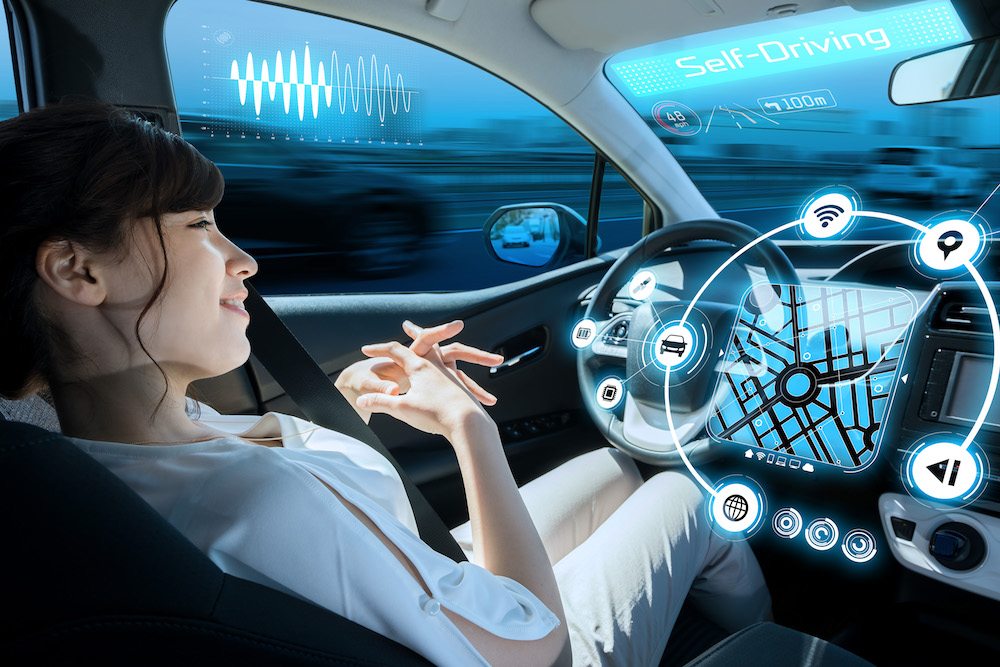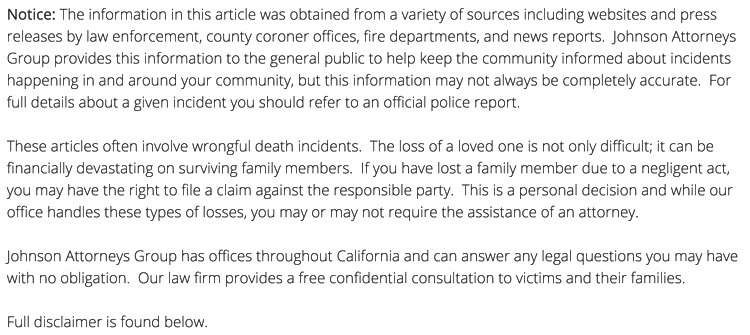Since their inception, rideshare services have been a point of controversy that left state lawmakers playing catch up. They operated outside the existing regulations on taxi cabs and other car-for-hire services, making it difficult to determine what rideshares could and couldn't do, and the kind of rules they would need to follow with their fleets of drivers.
“While many of these issues have been solved, it's a lengthy process, and progress varies by state, said ESQ James Johnson, founder and head attorney of Johnson Attorneys Group.
Here's a look at the current legislation on rideshare services and the latest developments.
How Rideshare Laws Work in the United States
Rideshare laws are created on a state-by-state basis and in some cases a town-by-town basis. While rideshare companies had to work hard to legally operate in many states, at this point, 44 states have uniform rules that allow them to operate.Louisiana is one notable exception that recently had a bill proposing uniform statewide rules shelved. In that state, rideshare companies are only allowed to operate in certain towns.
In the states that have uniform rideshare laws, these laws cover aspects such as the vetting process for drivers and the amount of insurance required, both on the driver's part and the rideshare companies in terms of supplemental insurance. The two major rideshare companies, Uber and Lyft, both now have $1 million in liability insurance. This makes it more likely that victims of rideshare accidents can work with a personal injury attorney to receive the appropriate compensation.
The Rise of Self-Driving Automotive Technology
Although most states have sorted out their laws surrounding rideshare services, the latest issue of contention is the use of self-driving cars. Rideshare and technology companies have been testing self-driving cars, and in many states, it's still one of those grey areas where the existing laws don't cover such a new concept. There's nothing expressly prohibiting self-driving cars, because it was always simply assumed that each car would have a driver.The Legal Status of Self-Driving Cars
There are currently 22 states with legislation covering self-driving cars, plus five other states with governors who issued executive orders about self-driving cars. These laws cover the use and testing of this new automotive technology. The National Highway Traffic Safety Administration (NHTSA) has also been working on developing principles for the safe operation of these vehicles.As one may expect, the testing and use of self-driving cars have had their share of roadblocks and even some tragic occurrences. The most recent was when one of Uber's self-driving cars struck and killed a pedestrian in Tempe, Arizona, which is thought to be the first time a self-driving car has caused a death. The operator of the vehicle, who is there to take over in case of any possible dangers, looked down before the accident happened, and it's believed that the car didn't register the pedestrian.
The governor of Arizona chose to indefinitely suspend Uber from testing self-driving cars in the state. The National Transportation Safety Board (NTSB) is also currently conducting an investigation into what happened. While the family of the victim has already settled the case for an undisclosed amount according to their personal injury attorney, it's possible that the incident eventually causes Arizona to tighten up its loose regulations on self-driving cars.
By this point, most of the United States has legislation on the books governing rideshare services. What lawmakers in most states still need to determine is how they'll handle the testing of self-driving cars in a way that allows for technological innovation while still keeping people safe.
Latest posts by Johnson Attorneys Group (see all)
- Geoffrey Balzer Killed in Coalinga Crash on Interstate 5 - June 9, 2023
- Richard Coin Killed in Oroville Pedestrian Accident on Olive Highway - June 9, 2023
- Stanislaus County Car Crash at Patterson Road and Skittone Road - June 9, 2023



